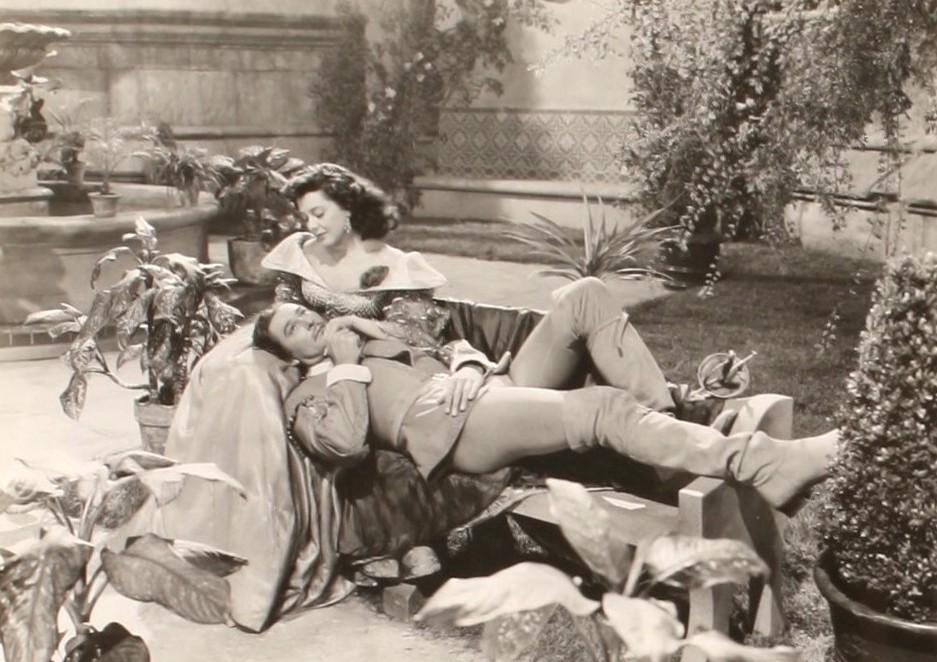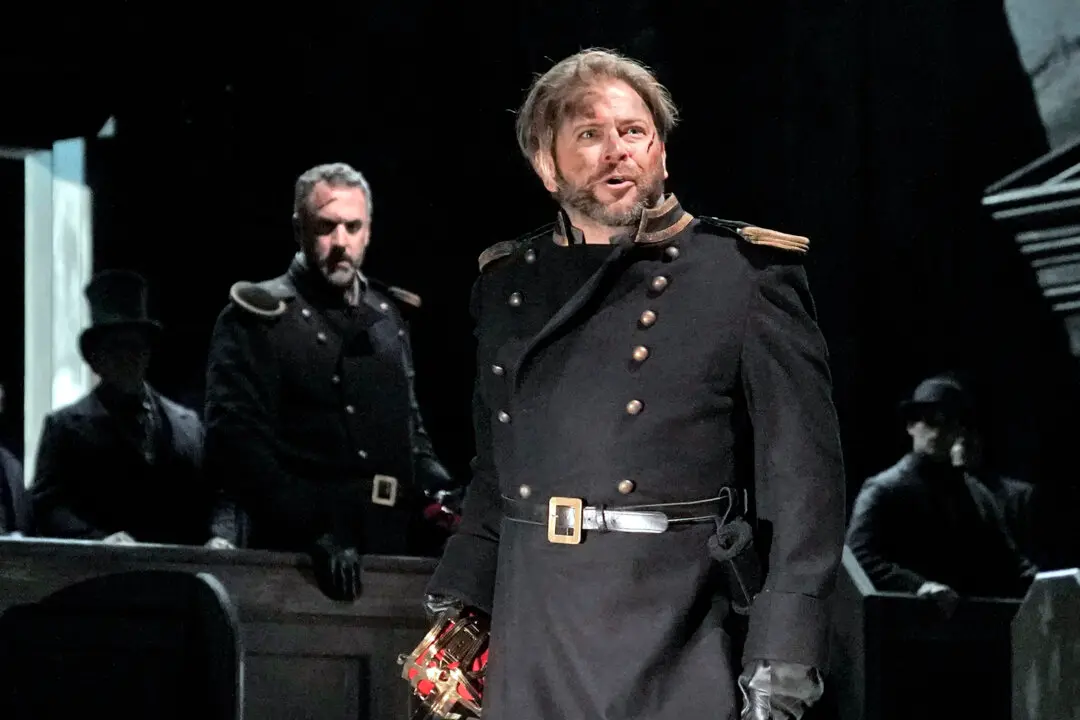Commentary
I recently learned about a theatrical production based on the story of Don Juan, the famous Spanish libertine. Every version of this story puts a different twist on the tale of the fictional ladies’ man. This particular stage work employs a plot element used in both of the movies old Hollywood made about this character: After years of going through countless conquests, Don Juan falls in love with one special woman. However, in the play, that woman is a harlot who shows that she “loves” Juan by not charging him for her services! Meanwhile, one particular classic film features a much more respectable version of the tale.





